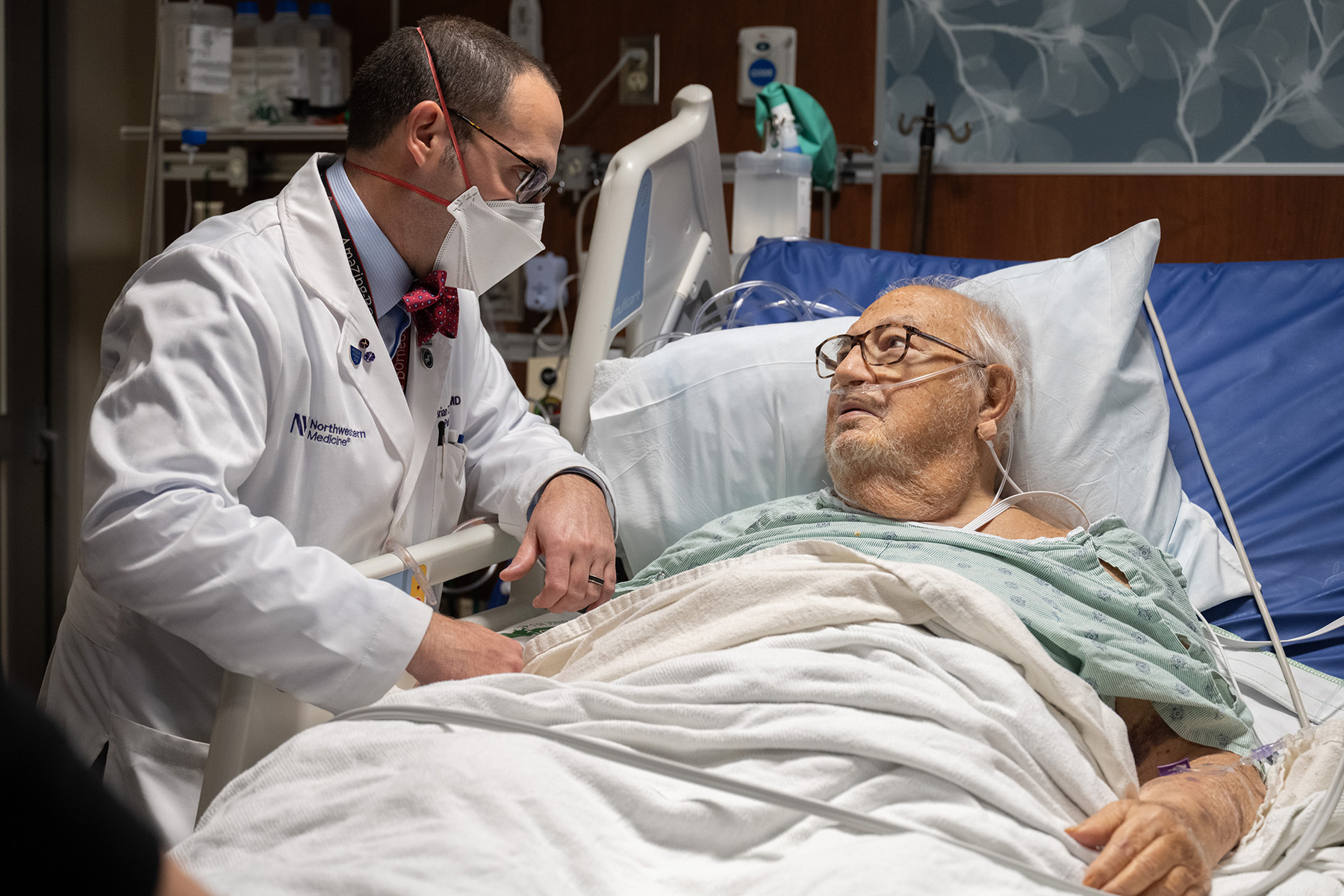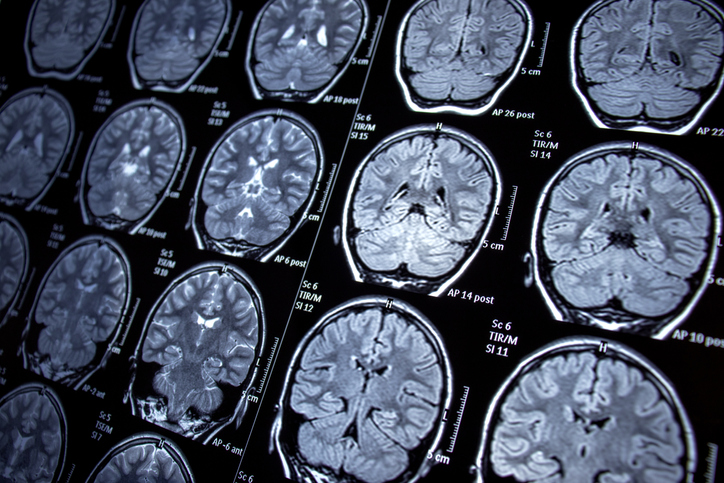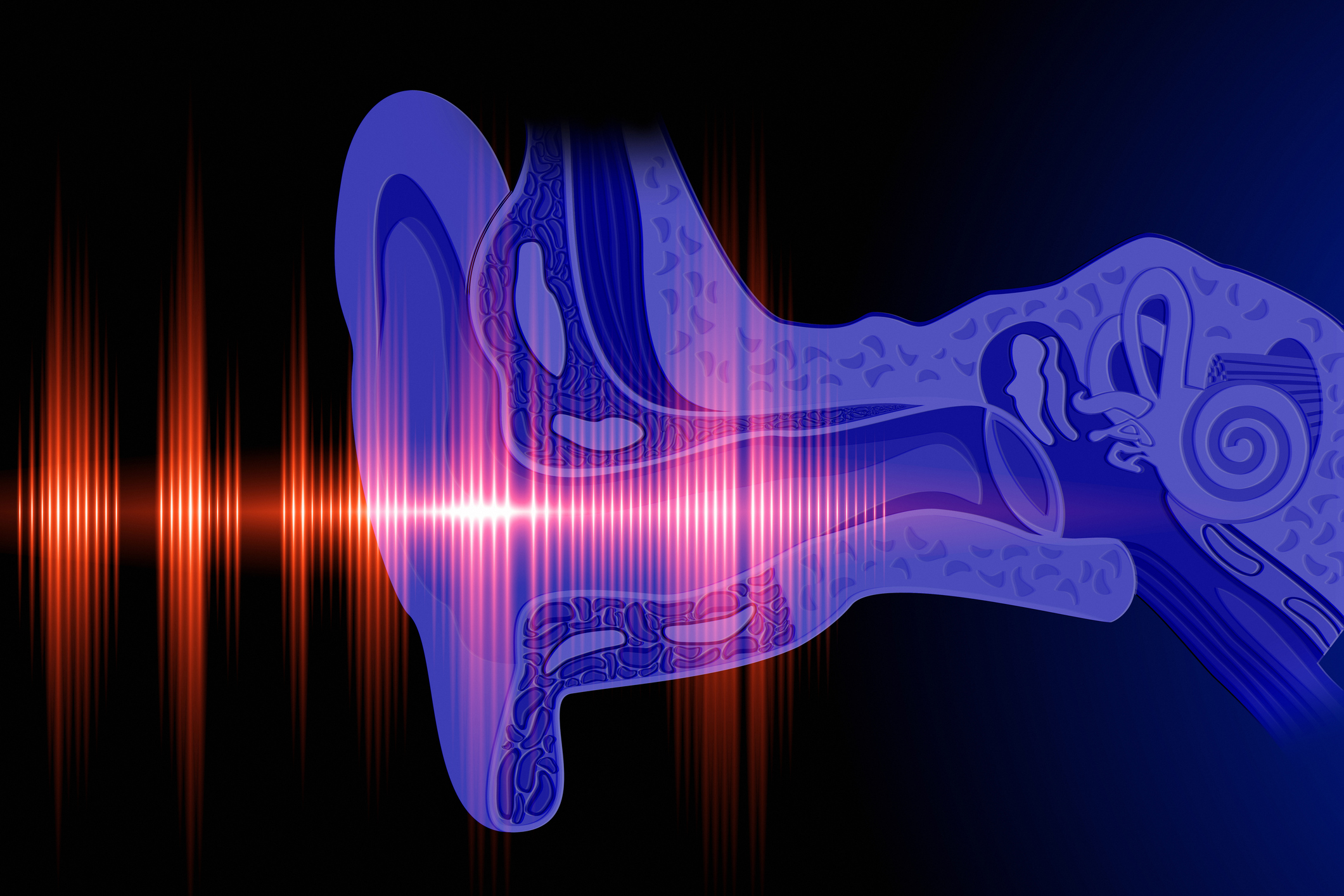Tag: Pulmonology
-

Diabetes Drug Reduces Risk of Heart Attacks, Strokes From Air Pollution
Metformin, an inexpensive diabetes drug, has been found to reduce the risk of heart attacks and strokes triggered by air pollution by reducing inflammation in the lungs that triggers clotting.
-

Elevated Carbon Dioxide Linked to Restricted Airway
A new study finds that excessive carbon dioxide in a patient’s bloodstream can lead to a restricted airway, calling into question current clinical practices for patients with chronic obstructive pulmonary disease.
-

New Clues Found in Cause of Early Lung Transplant Failure
A team of scientists has uncovered the precise cells that flow into and harm the lung soon after a transplant. The study, published in The Journal of Clinical Investigation, may lead to drug therapies that target the destructive cells.
-

Regulatory Network Helps Cells Survive in Low Oxygen Environments
Northwestern Medicine scientists identified a complex regulatory system that keeps cells functioning when their oxygen supply is cut off.
-

New Drugs Show Promise in Critically Ill Patients
Two Northwestern Medicine clinical trials investigated drugs to treat patients suffering from vasodilatory shock and respiratory failure, showing promising results.
-

Chemotherapy Drug Maintains Quality of Life Despite Side Effects
Patients with advanced neuroendocrine tumors had a similar quality of life while on a newly approved chemotherapy drug, as compared to patients receiving a placebo, according to a Northwestern Medicine study.
-

Novel Technique Explains Herbicide’s Link to Parkinson’s Disease
Northwestern Medicine scientists have published a paper in Nature Chemical Biology, detailing an innovative use of CRISPR-Cas9 technology that has helped reveal how oxidative stress explains a common herbicide’s link to risk of Parkinson’s.
-

Scientists Discover Novel Treatment Target for Pulmonary Fibrosis
Northwestern Medicine scientists have discovered that a unique population of immune cells play a key role in the development of pulmonary fibrosis, a fatal lung disease.
-

Scientists Discover Cause of Deadly Syndrome After Lung Transplantation
Northwestern Medicine scientists have discovered the mechanism that drives primary lung allograft dysfunction, the leading cause of death after lung transplantation.
-

Mitochondria Behind Blood Cell Formation
Mitochondria have an important role in hematopoiesis, the body’s process for creating new blood cells, according to new Northwestern Medicine research.






